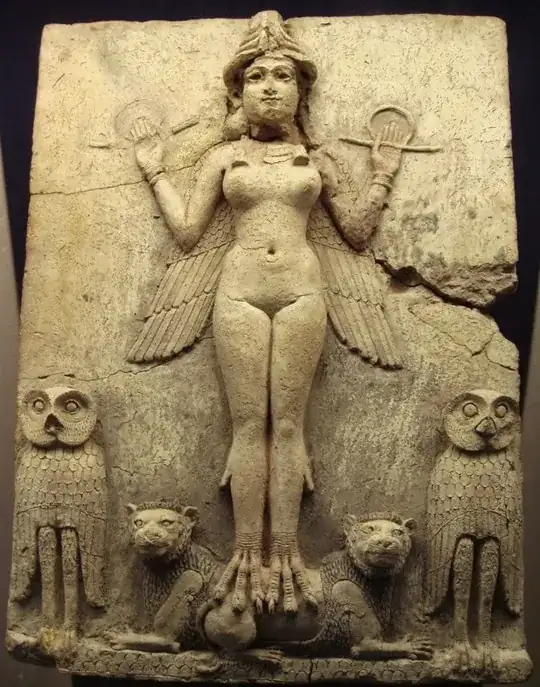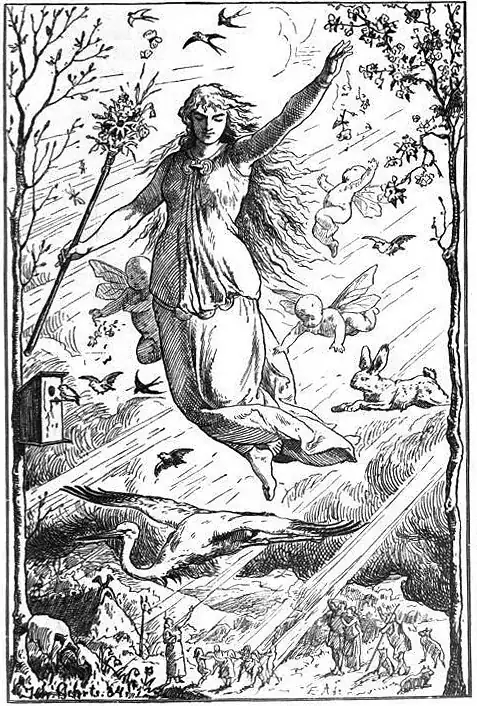The Christian feast of 'easter' is based on the ancient Yewish religious feast (their main one), is widely spread and was linked to remember the 'Passion of Christ'. Recall that 'Christianity' started as a Yewish cult that claimed Jesus Christ was the so-called 'Messiah' from Yewish theology/myth.
In many countries, this feast is etymologically close to 'Passion' (From Pas-ch-o, the Greek word for 'suffering' ), i.e. Pasen in Dutch (also German? Is probably close)
However, the etymological source of 'easter' seems unrelated! Is this because it refered to another (likely pagan) religious custom? If so, what is that custom?
Otherwise, what is the etymological origin of 'easter'? What is the 'original' easter myth?

